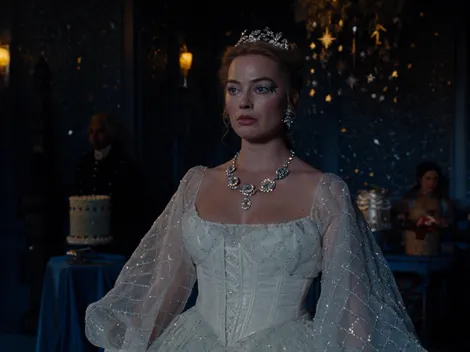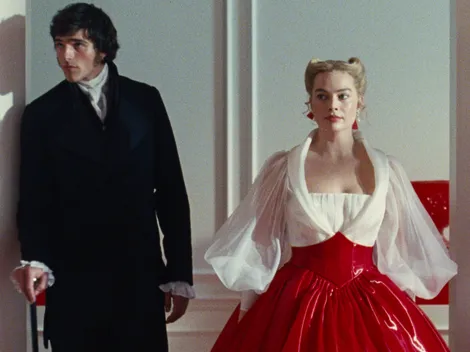The arrival of Lynne Ramsay’s Die My Love is less a conventional cinematic event and more a bracing descent into the claustrophobic territory where love and madness collide. Following a woman’s disintegration into postpartum psychosis within the beautiful yet isolating confines of rural life, the film, starring Jennifer Lawrence and Robert Pattinson, is being hailed as a brutally intimate psychological thriller.
These cinematic experiences are characterized by an unflinching gaze and a moody, atmospheric intensity that leaves the viewer shaken, not soothed. Here is a curated selection of ten films that resonate with Die My Love’s unique aesthetic—capturing that same dark romance mood where devotion is indistinguishable from dysfunction.
Blue Valentine (2010)
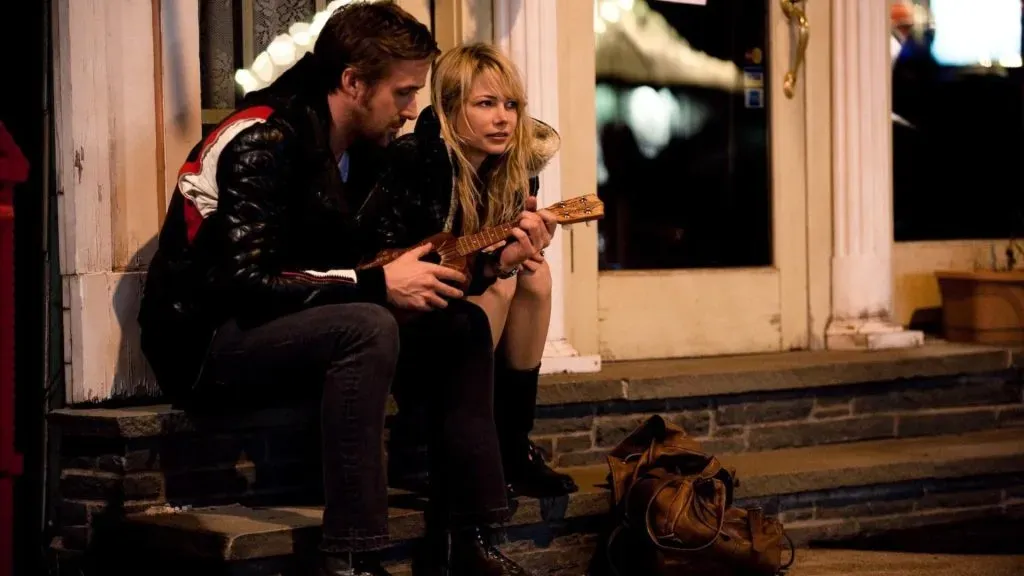
(Source: IMDb)
This raw, emotionally honest drama chronicles both the sweet beginning and the agonizing, destructive end of a working-class marriage. It meticulously dissects how love can curdle under the weight of unmet expectations and economic strain. The film’s focus on the slow, painful death of intimacy showcases a different but equally dark form of romantic distress.
Revolutionary Road (2008)
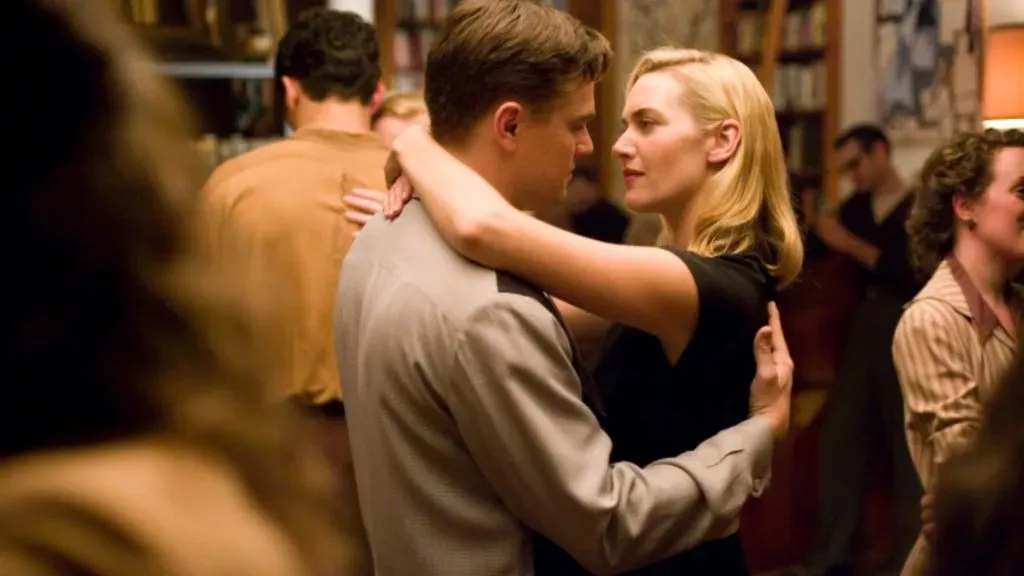
(Source: IMDb)
Set in the suburban malaise of the 1950s, this film is a chilling study of a couple whose perfect-seeming life is a gilded cage. Leonardo DiCaprio and Kate Winslet play partners who cling to an ill-fated dream of escaping their dull existence, leading to a profound, desperate clash of wills and a tragic psychological implosion that tears their family apart.
The Last Five Years (2014)
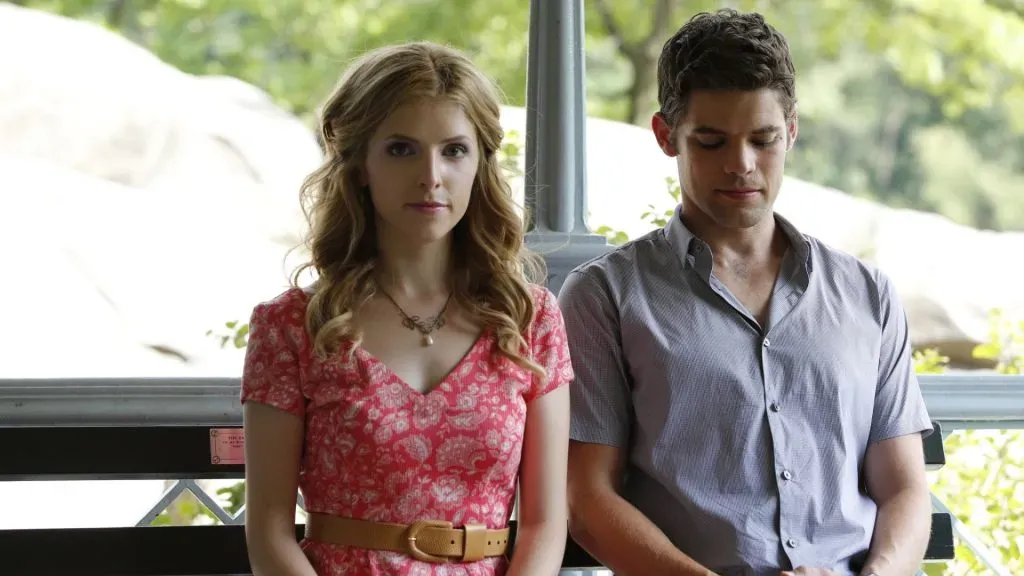
(Source: IMDb)
Told almost entirely through song, this unique musical captures the five-year trajectory of a marriage: the woman’s story moving backward from the divorce, and the man’s moving forward from the first date. The contrasting timelines create a powerful, heartbreaking tension, emphasizing how different perceptions and shifting ambitions inevitably lead to romantic failure.
Damage (1992)

(Source: IMDb)
A steamy, devastating exploration of forbidden desire, this film centers on a powerful politician who embarks on a destructive affair with his son’s enigmatic fiancée. It is a slow-burn thriller about obsession, secrecy, and the all-consuming nature of lust that operates entirely outside the bounds of morality, resulting in irreparable familial and emotional ruin.
Eternal Sunshine of the Spotless Mind (2004)

(Source: IMDb)
While often categorized as science-fiction, the beating heart of this film is a deep-seated sadness about love’s fragility. It explores the darker, messy corners of a relationship through the painful act of trying to erase the memories of a destructive ex-partner. The film is a poetic, melancholic study of why we are often drawn back to the people who hurt us.
Antichrist (2009)
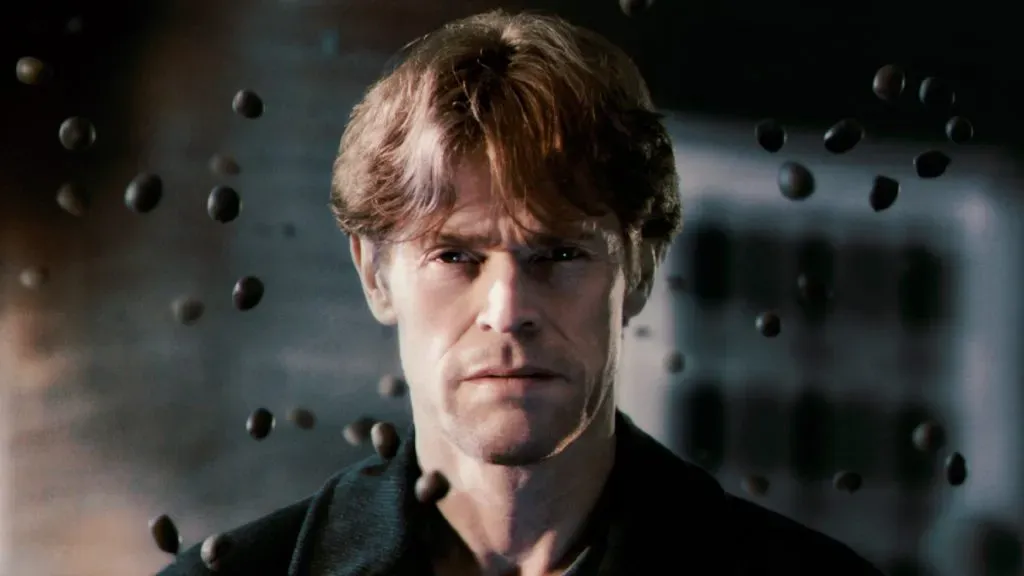
(Source: IMDb)
Lars von Trier’s highly controversial and visually arresting film centers on a grieving couple who retreat to an isolated cabin following the death of their child. Their attempt to use therapy to heal the marriage instead unleashes a primal, destructive battle fueled by guilt, misogyny, and mental breakdown, making it a definitive and brutal example of intimacy.
Secretary (2002)

(Source: IMDb)
A darkly comic and deeply unsettling exploration of a sadomasochistic relationship that blossoms between a lawyer and his new secretary. The film is a nuanced look at submission and control, challenging traditional romantic norms while exploring the complex, unconventional emotional needs that bind two people together in a mutually consenting psychological contract.
Only Lovers Left Alive (2013)
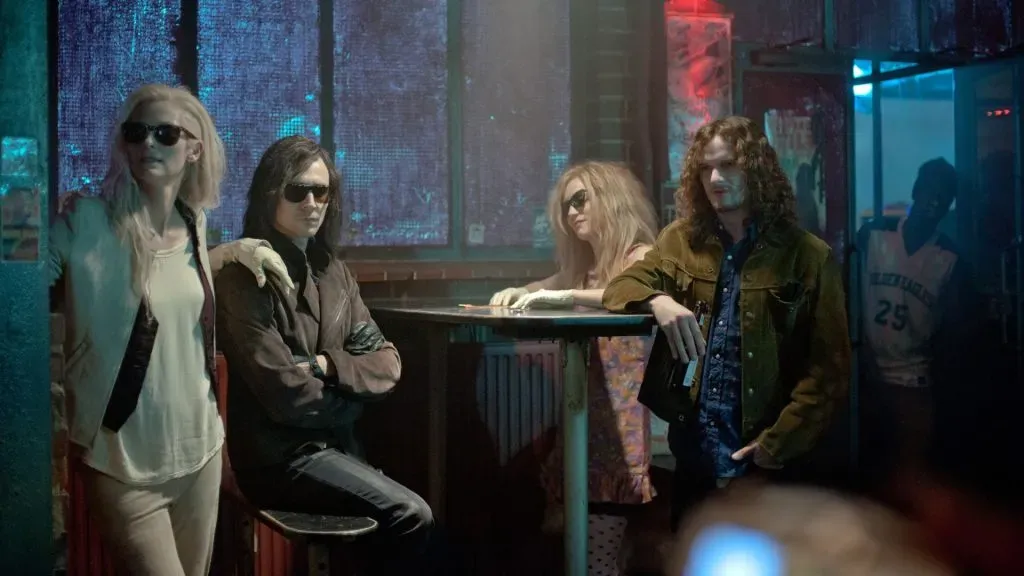
(Source: IMDb)
Jim Jarmusch’s stylized vampire tale is less about blood and more about the crushing melancholy of eternal love. It follows two centuries-old vampire lovers, weary of the world’s chaos, who find their ancient relationship challenged by modern existence. It is a moody, atmospheric study of enduring romantic co-dependence and existential weariness.
Clean, Shaven (1993)
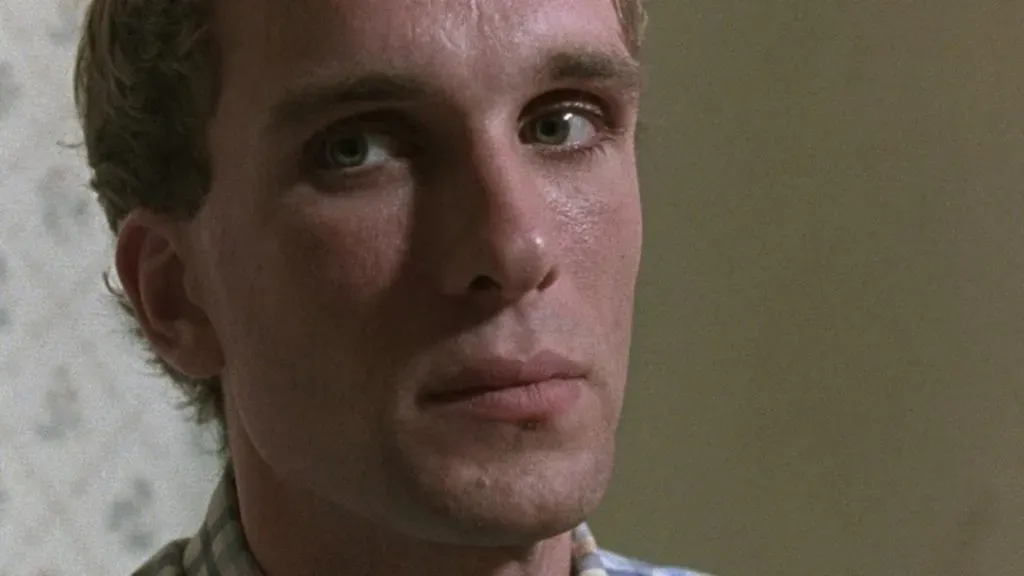
(Source: IMDb)
This highly influential independent film follows a man suffering from schizophrenia as he struggles to reconnect with his estranged daughter and the remnants of his family. The film’s unique power lies in its raw, subjective portrayal of a deteriorating mind and the desperate, often terrifying, attempt to hold onto reality through family, mirroring the internal psychological distress of Die My Love.
Melancholia (2011)
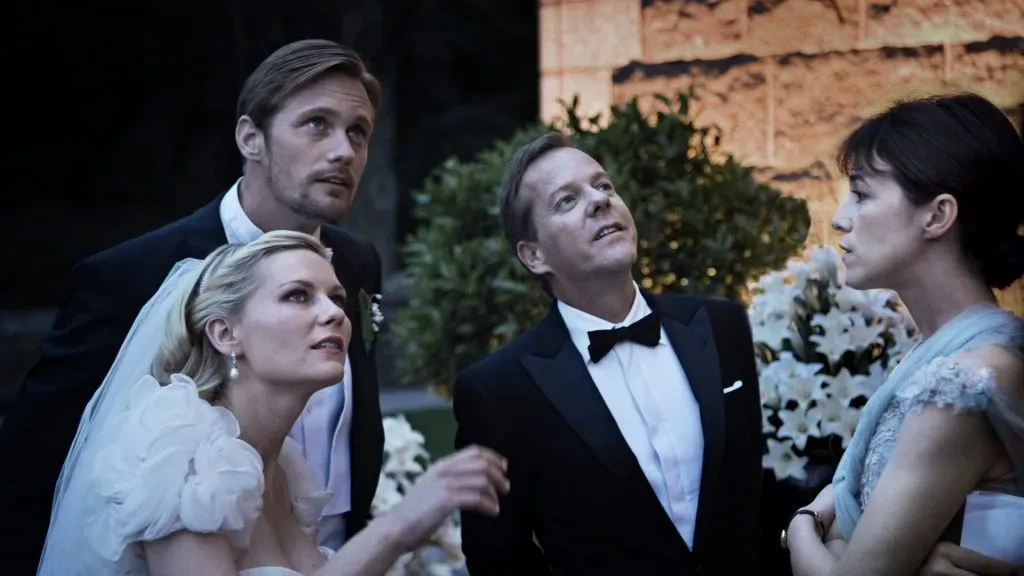
(Source: IMDb)
Lars von Trier’s apocalyptic drama centers on two sisters, but the first half features a terrifying look at a crumbling wedding and a bride’s complete psychological surrender to depression. The film uses the backdrop of existential doom to highlight the fragility of marital expectations and the emotional breakdown of the primary romantic bond.


